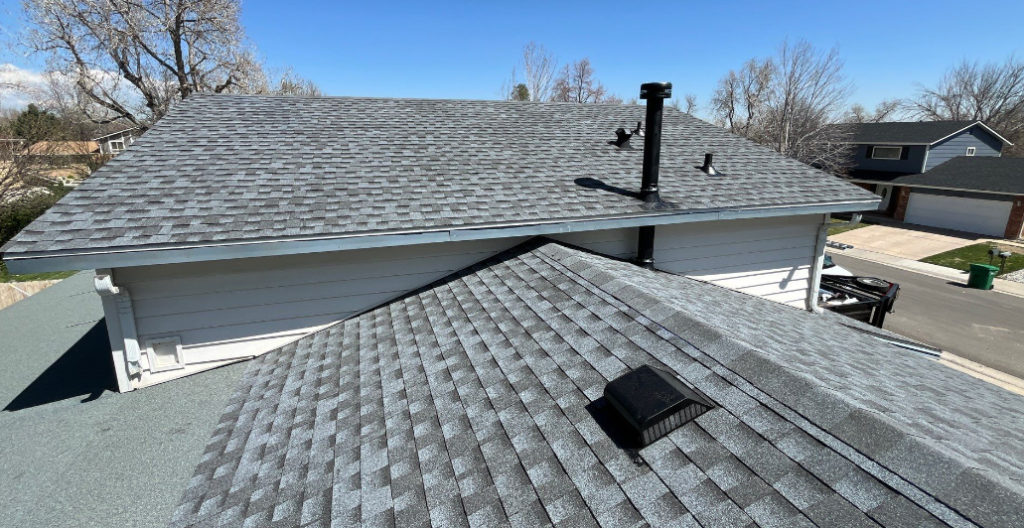Understanding Asphalt Shingles and Fire Risks
Asphalt shingles are a popular choice for homeowners due to their durability, cost-effectiveness, and aesthetic appeal. However, one critical question often arises: can asphalt shingles catch on fire? This article delves into the fire risks associated with asphalt shingles and offers safety measures to mitigate these risks.
Composition of Asphalt Shingles
Asphalt shingles are composed of a base mat, asphalt, and granules. The base mat is typically made of fiberglass or organic materials, which are then coated with asphalt to provide waterproofing. The granules on the surface serve as a protective layer against UV rays and physical damage. While asphalt itself is flammable, the overall composition of shingles includes fire-resistant properties to some extent.
Fire Ratings of Asphalt Shingles
Asphalt shingles are classified into different fire ratings based on their resistance to fire:
Class A
Class A shingles offer the highest level of fire resistance. They can withstand severe exposure to fire and are less likely to contribute to the spread of flames. These shingles are typically recommended for areas prone to wildfires.
Class B
Class B shingles provide moderate fire resistance. They are suitable for regions with a lower risk of wildfires but still offer a decent level of protection.
Class C
Class C shingles offer the lowest level of fire resistance and are suitable for areas with minimal fire risk. These shingles can withstand light exposure to fire but are not recommended for high-risk areas.
Factors Influencing Fire Risks
Installation Quality
The quality of installation plays a significant role in the fire resistance of asphalt shingles. Poor installation can leave gaps and vulnerabilities that may increase the risk of fire. It is crucial to hire experienced roofers in Denver to ensure proper installation.
Environmental Factors
Environmental factors such as dry weather conditions, proximity to wildfires, and the presence of flammable vegetation can increase the risk of fire. Regular maintenance and clearing debris from the roof can help mitigate these risks.
Additional Fireproofing Measures
To enhance the fire resistance of asphalt shingles, homeowners can consider additional fireproofing measures:
- Fire-Resistant Underlayment: Using fire-resistant materials beneath the shingles can provide an extra layer of protection.
- Roof Sprinkler Systems: Installing a roof sprinkler system can help control fires and prevent them from spreading.
- Fire Retardant Treatments: Applying fire retardant treatments to shingles can reduce their flammability.
Benefits of Class A Asphalt Shingles
Choosing Class A asphalt shingles offers several benefits, especially for homeowners in fire-prone areas:
- Enhanced Safety: The highest level of fire resistance ensures greater safety for the home and its occupants.
- Insurance Benefits: Many insurance companies offer discounts on premiums for homes with Class A shingles due to the reduced fire risk.
- Peace of Mind: Homeowners can have peace of mind knowing their roof offers maximum protection against fire hazards.
Conclusion
Asphalt shingles, while generally safe, can pose fire risks under certain conditions. Understanding the composition, fire ratings, and factors influencing fire risks can help homeowners make informed decisions. By choosing Class A shingles, ensuring quality installation, and considering additional fireproofing measures, homeowners can significantly reduce the risk of fire.
For those looking for reliable roofing services, Tried and True Roofing provides expert installation and maintenance to ensure your roof offers the best protection. Whether you need roofing in Denver or advice on enhancing your roof’s fire resistance, our experienced team is here to help.
FAQs
Can asphalt shingles catch on fire?
Yes, asphalt shingles can catch on fire, but their fire resistance varies based on their class rating (Class A, B, or C).
What are the best asphalt shingles for fire resistance?
Class A asphalt shingles offer the highest fire resistance and are recommended for areas prone to wildfires.
How can I improve the fire resistance of my asphalt shingles?
Improving installation quality, using fire-resistant underlayment, installing roof sprinkler systems, and applying fire retardant treatments can enhance the fire resistance of asphalt shingles.
Why should I choose Tried and True Roofing?
Tried and True Roofing is committed to providing top-quality roofing services with a focus on safety and durability. Our experienced team ensures proper installation and maintenance, reducing fire risks and extending the life of your roof.
Choosing the right roofing company in Denver is essential for ensuring your home’s safety and longevity.
